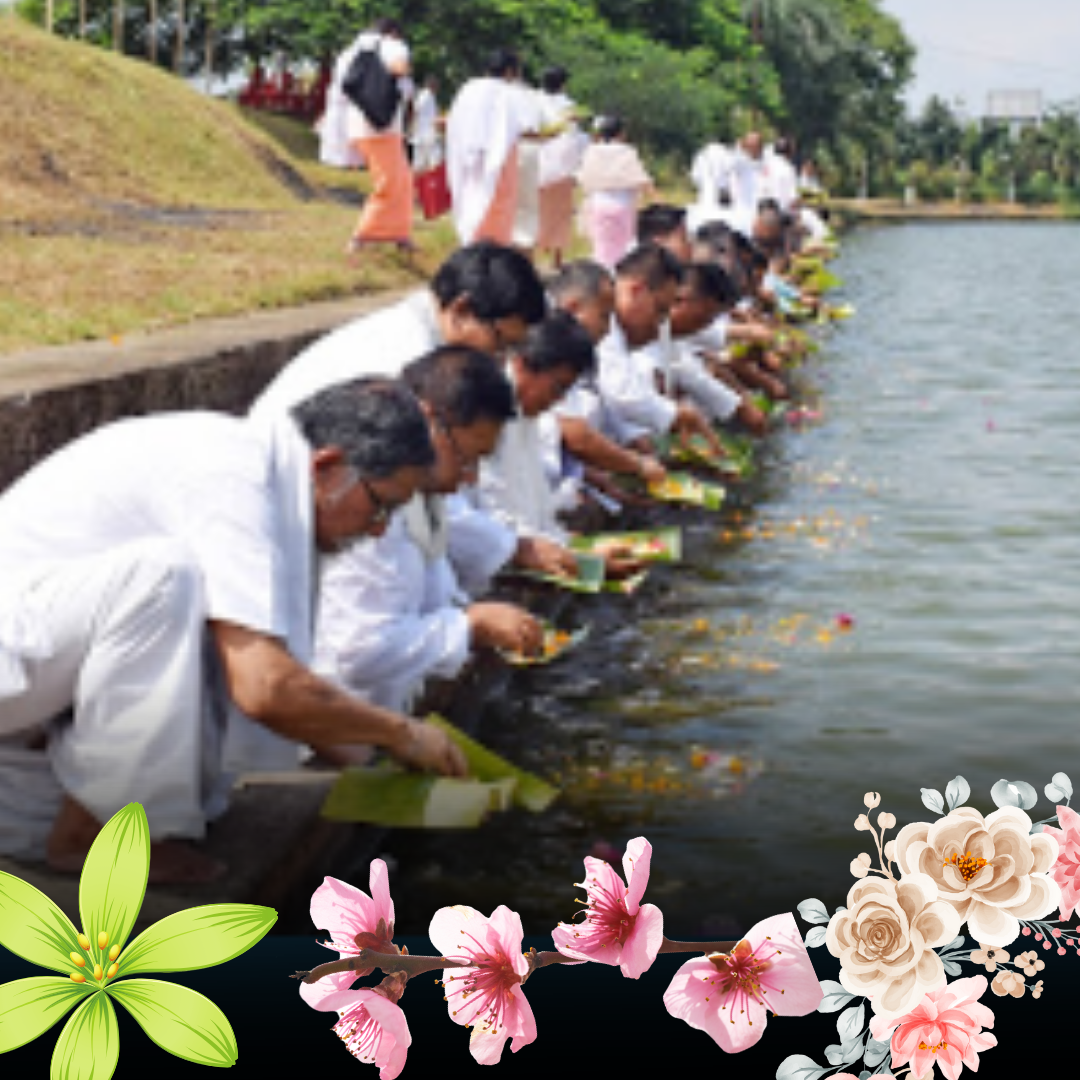
Tarpan Loiba is a traditional ritual observed in Manipur, a state in Manipur India. The term “Tarpan Loiba” can be broken down into two components: “Tarpan” and “Loiba.”
- Tarpan: The word “Tarpan” is commonly associated with rituals involving offering oblations to ancestors. In Hindu traditions, Tarpan is a ritual where water and fruits is offered to ancestors, accompanied by the chanting of specific prayers. It is a way of expressing respect and gratitude to one’s forefathers.
- Loiba: In Manipuri, “Loiba” translates to ending, rituals or ceremonies. It refers to various religious or ceremonial activities that hold cultural and spiritual significance in the traditional practices of the Manipuri people.
Therefore, “Tarpan Loiba” in the context of Manipur refers to the specific ritual of offering water/fruits to ancestors as part of traditional ceremonies. This ritual is deeply rooted in the cultural and religious fabric of Manipur and is observed with reverence and devotion. It reflects the importance placed on ancestral worship and the spiritual connection between the living and the deceased in Manipuri traditions.
During Tarpan Loiba, individuals may gather at sacred places, riverbanks, or other locations of significance. They perform the ritual by offering water, typically with prayers and invocations, to honor and remember their ancestors. The ceremony is often accompanied by traditional songs, dances, and other cultural expressions that enhance the spiritual and communal aspects of the event.
It’s important to note that while the term “Tarpan Loiba” is associated with traditions, the cultural practices in Manipur often have a unique blend of indigenous beliefs and religion influences. The ritual is an integral part of the cultural heritage of Manipur and reflects the deep spiritual and ancestral connections maintained by the people of the region.

Leave a Reply